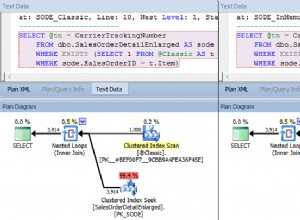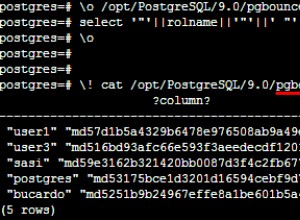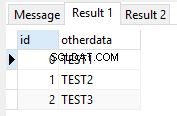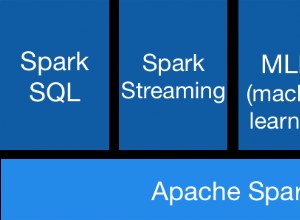Se não se sabe quantos níveis existem na hierarquia?
Então, esse desafio geralmente é feito por meio de um CTE recursivo.
Exemplo de snippet:
--
-- Using table variables for testing reasons
--
declare @customertest table (cid int primary key, upid int);
declare @conftest table (cid int, confname varchar(6) default 'budget', confvalue int);
--
-- Sample data
--
insert into @customertest (cid, upid) values
(1,0), (2,1), (3,1), (4,2), (5,2), (6,3),
(7,5), (8,5), (9,8), (10,9);
insert into @conftest (cid, confvalue) values
(1,1000), (2,700), (3,300), (4,100), (5,200), (6,300);
-- The customer that has his own budget, or not.
declare @customerID int = 10;
;with RCTE AS
(
--
-- the recursive CTE starts from here. The seed records, as one could call it.
--
select cup.cid as orig_cid, 0 as lvl, cup.cid, cup.upid, budget.confvalue
from @customertest as cup
left join @conftest budget on (budget.cid = cup.cid and budget.confname = 'budget')
where cup.cid = @customerID -- This is where we limit on the customer
union all
--
-- This is where the Recursive CTE loops till it finds nothing new
--
select RCTE.orig_cid, RCTE.lvl+1, cup.cid, cup.upid, budget.confvalue
from RCTE
join @customertest as cup on (cup.cid = RCTE.upid)
outer apply (select b.confvalue from @conftest b where b.cid = cup.cid and b.confname = 'budget') as budget
where RCTE.confvalue is null -- Loop till a budget is found
)
select
orig_cid as cid,
confvalue
from RCTE
where confvalue is not null;
Resultado:
cid confvalue
--- ---------
10 200
Aliás, o CTE recursivo usa o OUTER APPLY porque o MS SQL Server não permite que um LEFT OUTER JOIN seja usado lá.
E se for certo que há no máximo 1 nível de profundidade para o upid com um orçamento?
Então apenas junções simples à esquerda e uma coalescência serviriam.
Por exemplo:
select cup.cid, coalesce(cBudget.confvalue, upBudget.confvalue) as confvalue
from @customertest as cup
left join @conftest cBudget on (cBudget.cid = cup.cid and cBudget.confname = 'budget')
left join @conftest upBudget on (upBudget.cid = cup.upid and upBudget.confname = 'budget')
where cup.cid = 8;




